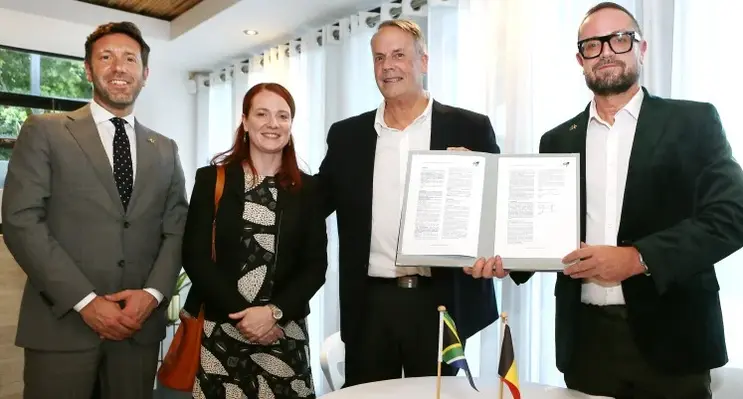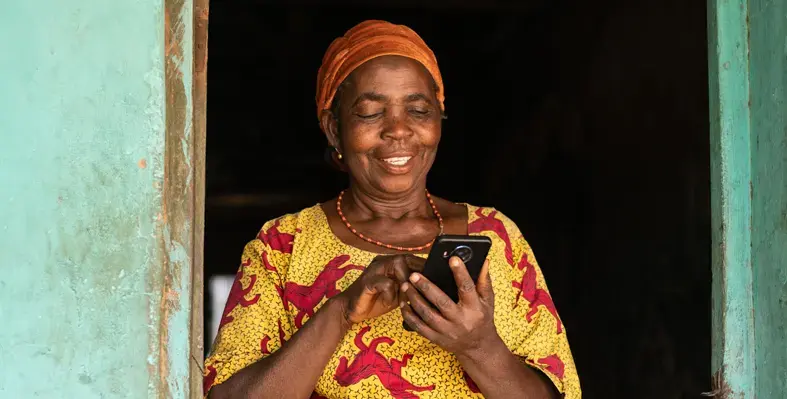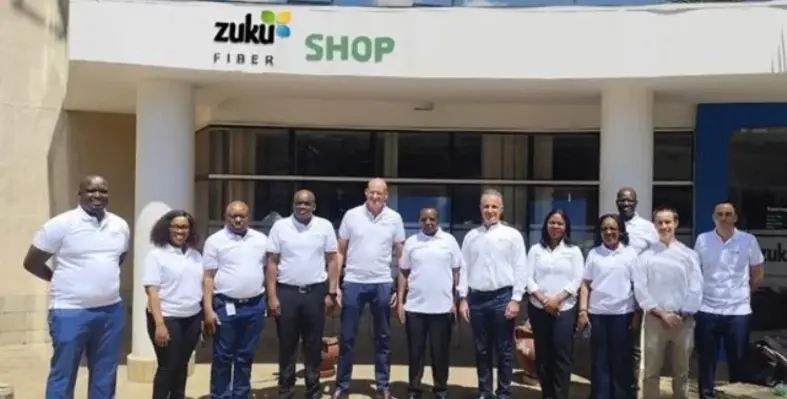Sustainable Development Technology Canada (SDTC) has announced a funding partnership with HD vector maps provider Ecopia Tech Corporation (Ecopia) to create the first comprehensive digital map of all of sub-Saharan Africa
This digital map will include an estimated 342mn buildings, 3.8mn linear km of roads and 582mn ha of forests.
Digital maps are used globally to improve social well-being, economic efficiency and environmental health. Until now, sub-Saharan Africa has operated without consistent access to accurate information on its geography, resulting in inefficiencies and inaccuracies in decision-making across the continent.
By creating a first comprehensive digital map of vital features across sub-Saharan Africa, this initiative will empower governments, NGOs and businesses to optimise their efforts on the ground and gain insights as never before. This map will be used to optimise the distribution of vaccines, the planning and deployment of renewable energy infrastructure, and the monitoring and surveillance of deforestation.
SDTC will provide US$6.7mn to support this initiative. Additional contributions from other supporting partners will be announced at a later date.
Navdeep Bains, minister of innovation, science and economic development, said, “Through SDTC, our Government is proud to support Canadian technology success stories, like Ecopia, that are driving cleantech innovation and creating good quality jobs, while also protecting our environment.”
Leah Lawrence, president and CEO, Sustainable Development Technology Canada (SDTC), added, “This initiative will enable a wide range of global sustainability and humanitarian benefits, and demonstrate our commitment to helping businesses scale and compete on the global stage. SDTC is proud to invest in a company like Ecopia, using cutting edge technologies to advance sustainability efforts across the world.”
Jon Lipinski, president and co-founder, Ecopia, concluded, “This project will stand to positively impact the lives of hundreds of millions by empowering better data-driven decisions to be made surrounding the environment, economy, and societies of Africa.”























